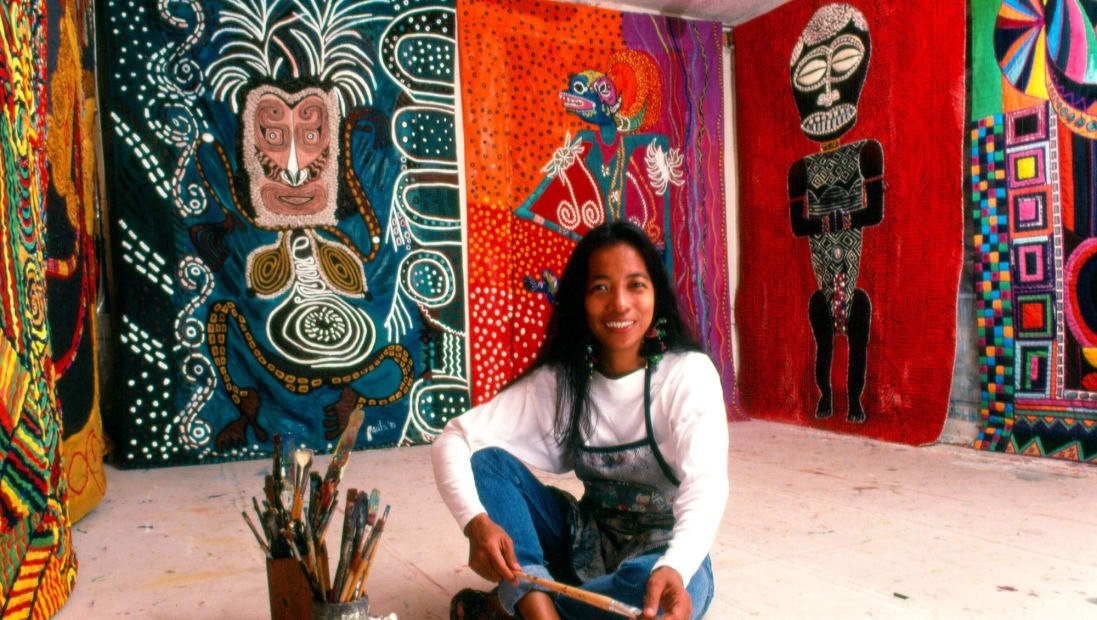Art has always been a reflection of society’s values, beliefs, and traditions. Throughout history, artists have used their creative expression to comment on the world around them, be it political, social, or cultural issues. Modern art is no exception, and some of the most powerful and influential works of art of our time serve as a mirror to society, showing us where we stand and what we value.
One of the defining characteristics of modern art is its boldness and willingness to challenge conventions. Artists in the modern era have been unafraid to push boundaries, experiment with new materials and techniques, and explore controversial subjects. This sense of freedom and exploration allows artists to delve deep into the heart of society and reveal its deepest values and contradictions.
Take, for example, contemporary artist Ai Weiwei, whose works often confront issues of human rights, freedom of expression, and political repression. His powerful installations, sculptures, and photographs force viewers to confront uncomfortable truths about our world and the injustices that exist within it. Through his art, Ai Weiwei challenges us to question our own values and assumptions, and to consider our role in shaping a more just and equitable society.
Similarly, the work of artist Kara Walker tackles issues of race, gender, and power in American society. Her large-scale, silhouette works depict harrowing scenes of slavery, violence, and oppression, forcing viewers to face the dark legacy of racism and discrimination in our country. Walker’s art is a powerful reminder of the ongoing struggle for equality and justice, and serves as a call to action for building a more inclusive and equitable society.
In addition to addressing societal issues, modern art also reflects our values and beliefs through its aesthetic choices and formal qualities. The use of color, texture, shape, and composition all convey meaning and emotion, and can speak volumes about the artist’s perspective on the world. For example, the vibrant, chaotic paintings of abstract expressionist artist Jackson Pollock reflect the turbulence and energy of post-World War II America, while the minimalist sculptures of Donald Judd embody a sense of order, simplicity, and precision that reflects the values of the modernist movement.
Overall, the power of expression in modern art lies in its ability to provoke thought, challenge assumptions, and spark conversation. By pushing boundaries and exploring new ideas, artists are able to offer us new perspectives on society and the world around us, and inspire us to reevaluate our own values and beliefs. In a time of great upheaval and change, modern art serves as a beacon of creativity, empathy, and understanding, and reminds us of the enduring power of artistic expression to shape and reflect our society’s values.






